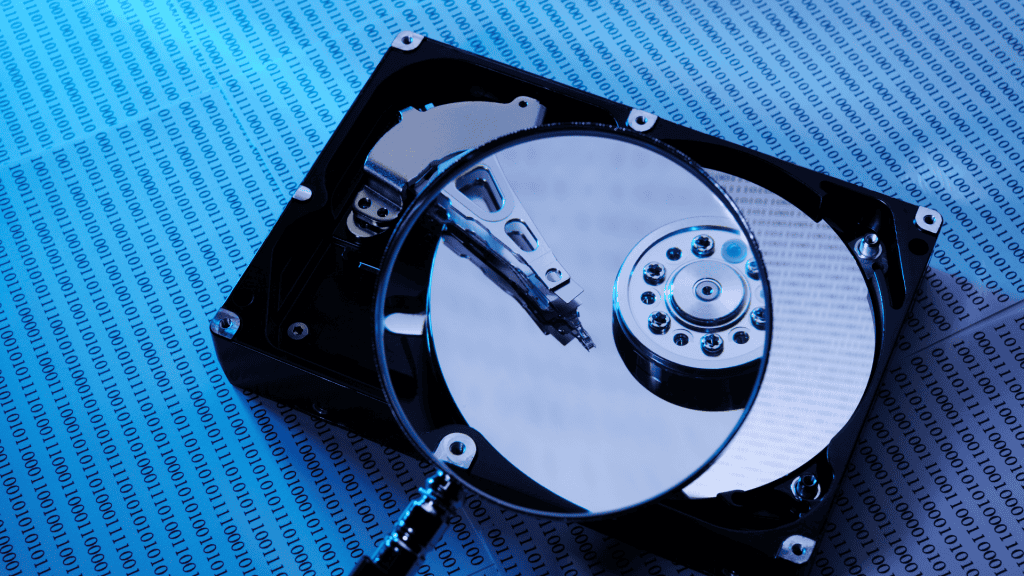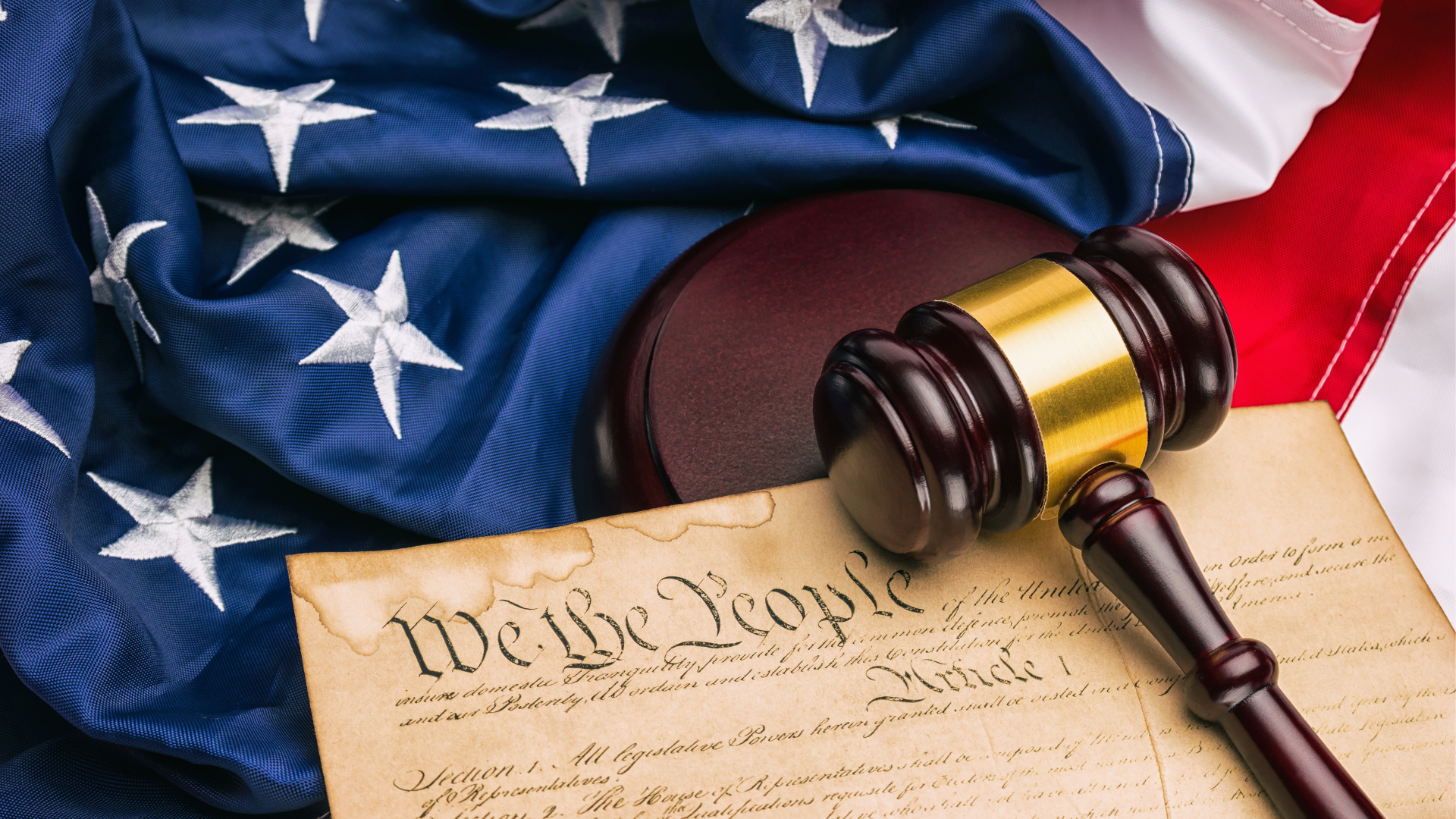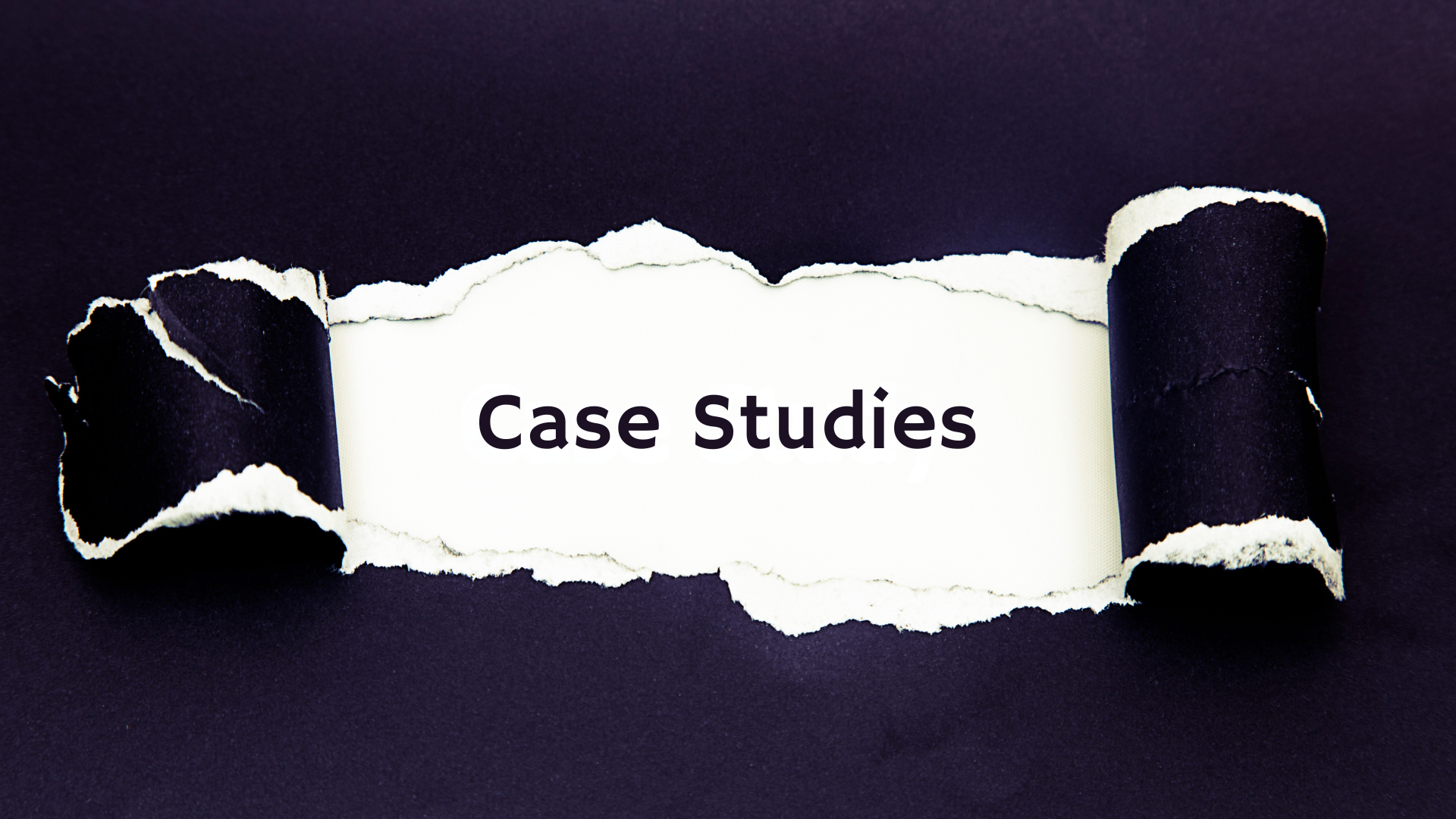Introduction
As a criminal defense lawyer, having a solid grasp of digital evidence is essential, especially when it involves Volume Shadow Copies (VSCs). These snapshots of data can provide critical insights into deleted or altered files relevant to your case. This blog post aims to equip you with key knowledge about VSCs in Windows 10 and 11, their forensic analysis, and their legal implications in court.
What Are Volume Shadow Copies?
Volume Shadow Copies (VSCs) are snapshots of files and folders at specific points in time, created by the Volume Shadow Copy Service (VSS) in Windows operating systems, including Windows 10 and 11. These snapshots allow for the recovery of files that have been deleted or modified, providing a means to access data that may otherwise be lost [1].
How Are VSCs Created and Analyzed?
Creation of VSCs
In Windows 10 and 11, VSCs are automatically created by the operating system during system restore points, backups, or when certain applications request them. The default configuration allows for periodic snapshots, which can be user-controlled to some extent through system settings [2]. For example, users can manually create restore points that include VSCs, capturing the state of the system at that moment.
Tools for Analyzing VSCs
Forensic investigators use several tools to analyze VSCs, such as:
- FTK Imager & FTK: A widely used toolset for creating forensic images and analyzing computers including VSCs.
- Magnet Axiom: Another commercial tool that allows for the acquisition and analysis of computer images with support for the analysis of VSCs.
- VSCMount: A command-line tool designed by Eric Zimmerman to easily mount Volume Shadow Copies (VSCs). It allows users to map VSCs to a specified directory for easier access and analysis.
These tools help forensic analysts navigate and scan directories containing shadow copy volumes, enabling access to previously existing files [1].
Importance of VSCs in Forensic Investigations
Data Recovery and Behavioral Analysis
VSCs are invaluable for recovering deleted files and understanding user activity before an incident. Forensic investigators can identify behavioral patterns on a computer by examining multiple VSCs, offering insights into user actions and system modifications over time.
Limitations and Considerations
While VSCs are powerful, they have limitations. For example, VSCs may only retain the most recent version of files, and if a user has made multiple changes to a document, only the latest version prior to deletion may be accessible. Additionally, the introduction of features such as system protection in Windows 10 and 11 may limit the recovery scope, particularly if the user has disabled VSS or if the storage space allocated for shadow copies is filled [1].
Legal Considerations for Lawyers
Admissibility of Digital Evidence
VSCs must be authentic, relevant, and legally obtained to be admissible in court. Establishing a clear chain of custody is crucial to demonstrate that the data has not been altered or tampered with from collection to presentation. Ensure that digital evidence, including VSCs, is collected through valid legal means such as subpoenas.
Challenging the Prosecution's Case
Digital forensics can be used to examine VSCs for inconsistencies or signs of manipulation, potentially undermining the prosecution's case. For example, if VSCs reveal that files were modified shortly before a significant event, it may provide critical context for your client's actions. Understanding how to interpret VSC data can help establish an alibi or counter the prosecution's claims effectively [3].
Staying Current with Technological Advancements
As technology evolves, so do the methods for managing and manipulating digital evidence. It's important for attorneys to remain informed about the latest advancements in digital forensics, particularly concerning VSCs and their implications in legal contexts. This knowledge will empower you to better challenge or support the evidence presented in court.
Conclusion
Volume Shadow Copies (VSCs) are a key tool in digital forensics on Windows 10 and 11, enabling recovery of altered or deleted data and providing insight into user activity. For defense attorneys, understanding the nuances of VSCs is crucial for building a robust case. Lucid Truth Technologies can offer expert assistance in VSC analysis, helping you interpret the data, contest the prosecution's findings, and strengthen your defense with solid forensic evidence and technical insights.
References
[2] https://learn.microsoft.com/en-us/windows/win32/vss/volume-shadow-copy-service-overview
[3] https://www.asdfed.com/Computer-Forensics-Volume-Shadow-Copies





